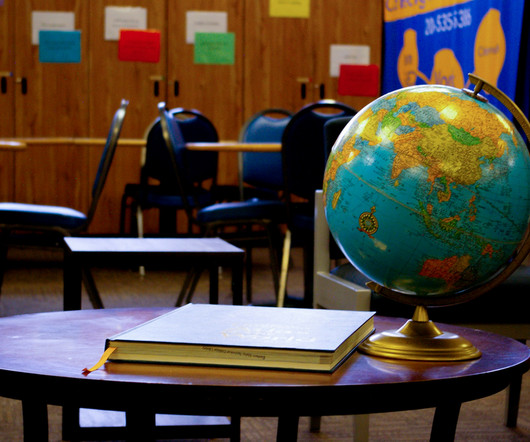From Reflection to Transformation: Embedding Antiracism into Everyday Practice
k12 Digest
MAY 21, 2025
School leaders can support this safety by co-creating group agreements that promote active listening, confidentiality, and respectful participation. When staff feel secure in their learning community, they are more likely to reflect honestly on their beliefs and biases.












Let's personalize your content